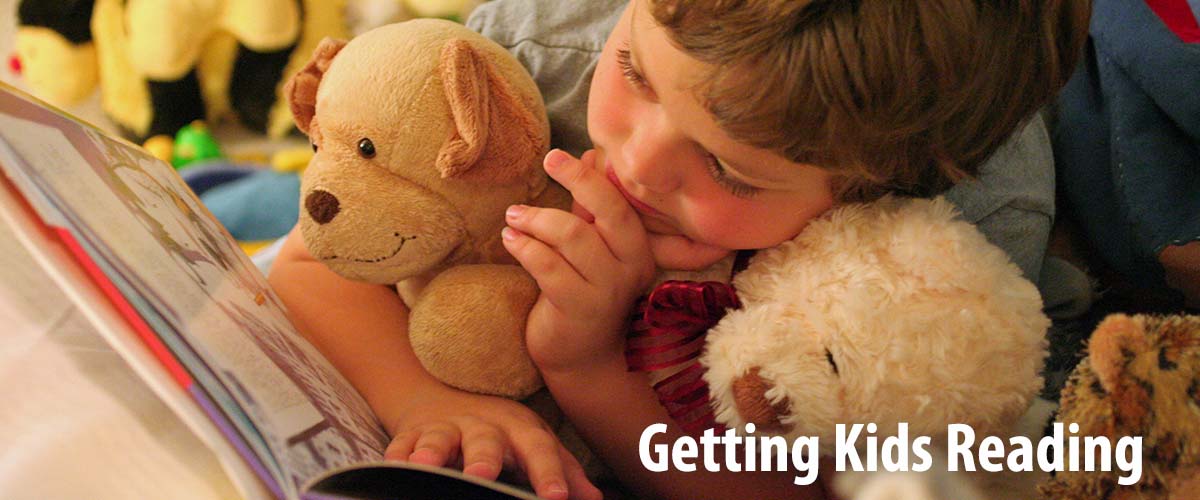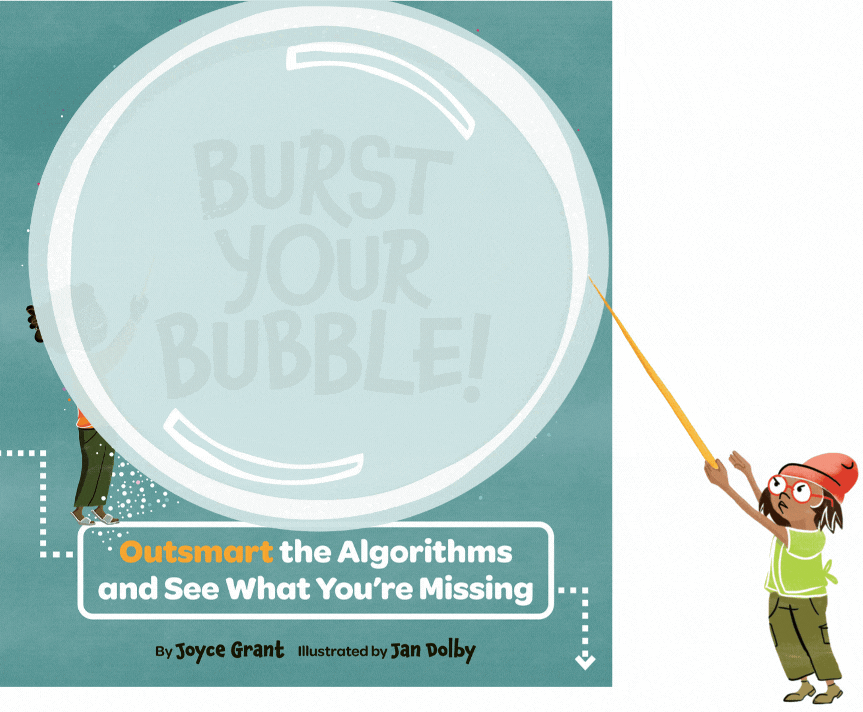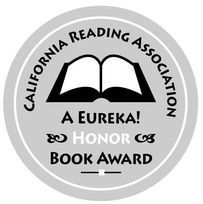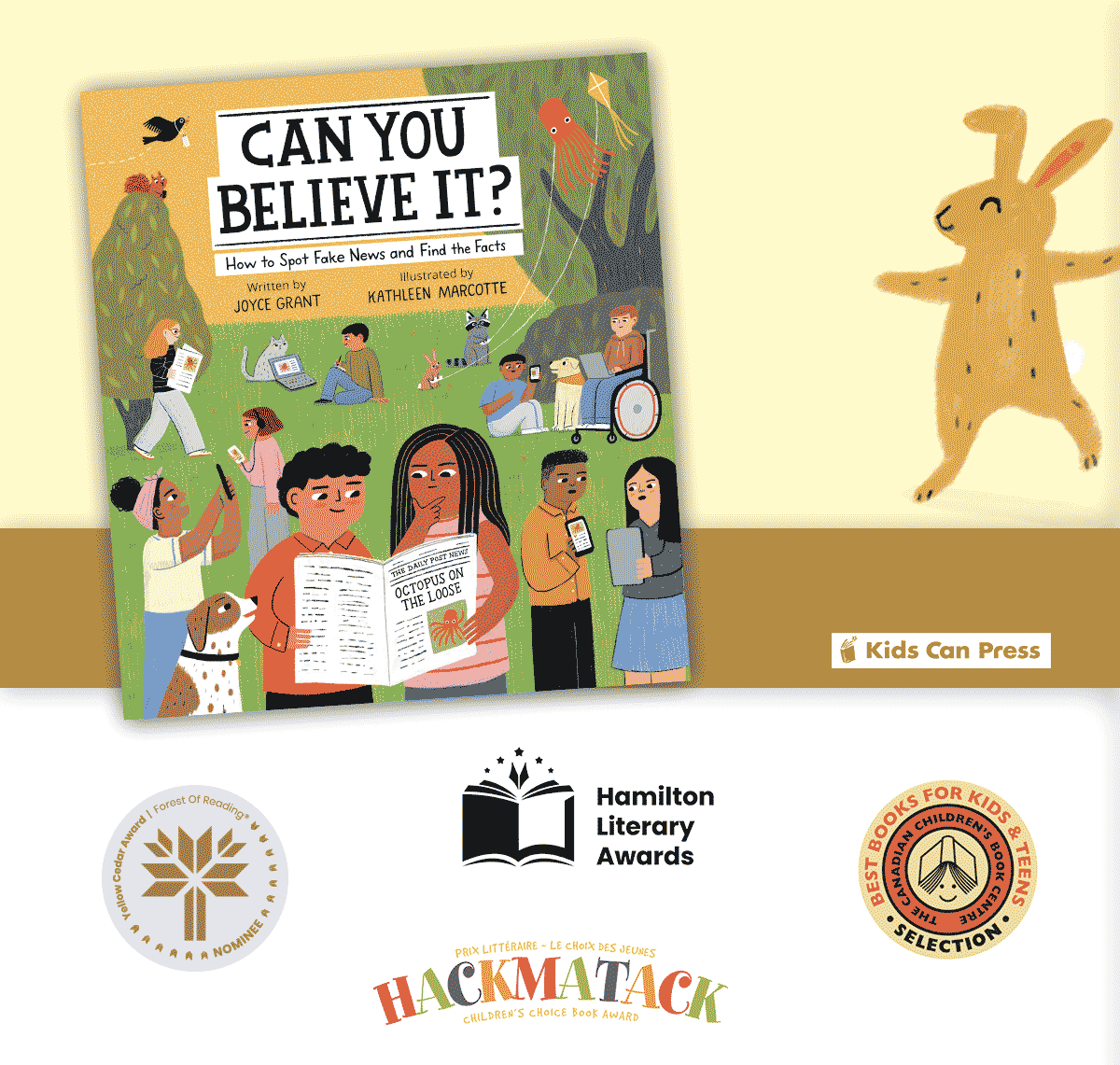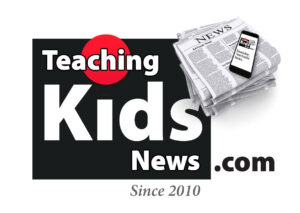A few posts ago, I listed some great literacy activities from our school board. Here are some numeracy activities to get kids doing math (same source, TDSB).
Again, I’ve put in bold the ones I think are particularly interesting.
- Estimate speed/distance/time relationships while travelling with your family. What was the average speed of the last trip you took?
- Examine maps with your child. Estimate distances. Find locations.
- Make a favourite recipe together.
- Log and graph sports scores over time. Find trends.
- Log and then graph daily temperatures over a one-week period with your family. (Make sure you take the temperature at the same time each day.)
- Estimate quantities and volumes during activities like gardening or planning food for a trip.
- Track three different stocks and see how they do in one month.
- Do mental calculations such as estimating grocery or restaurant bills.
- Pay cash for a purchase at the register. Check the correct change.
- Calculate how long it will take to save for a certain item your family would like to buy using your money from a part-time job or your allowance.
- Calculate a bat/run average for a specific baseball player.
- Make a weekly schedule with your family. Make time estimations for different activities.
- Read signs with your family while driving. Specifically look for advertising that has a math concept embedded in it. Talk about it.
- Explain how to calculate the tip at a restaurant. Do the calculation together.
- Open a bank account. Many youth accounts have brochures that explain interest rates. Read the literature together and decide which type of account will earn the best rates, minimize your transaction costs and meet your minimum balance plans.
- Look at sports statistics. Have a discussion about an interesting trend.
- Go grocery shopping together. Compare prices. Estimate price per kilogram. Which is the better price?
- Talk about items on sale. Do some Internet research to find out whether other vendors have similar products costing more or less.
- Talk about lotteries. Examine the odds.
- Talk about how a credit card works. Look at a statement together.
- Look at your electricity, gas or water bill. Which utility costs your family the most?
- Look at charts and graphs that appear in newspapers or magazines you receive. Find one that has information that interests your family. Talk about the chart or graph.
- Examine different cell phone packages. Which is the best value for your calling pattern and payment preferences?
Source: Toronto District School Board, TDSB.
